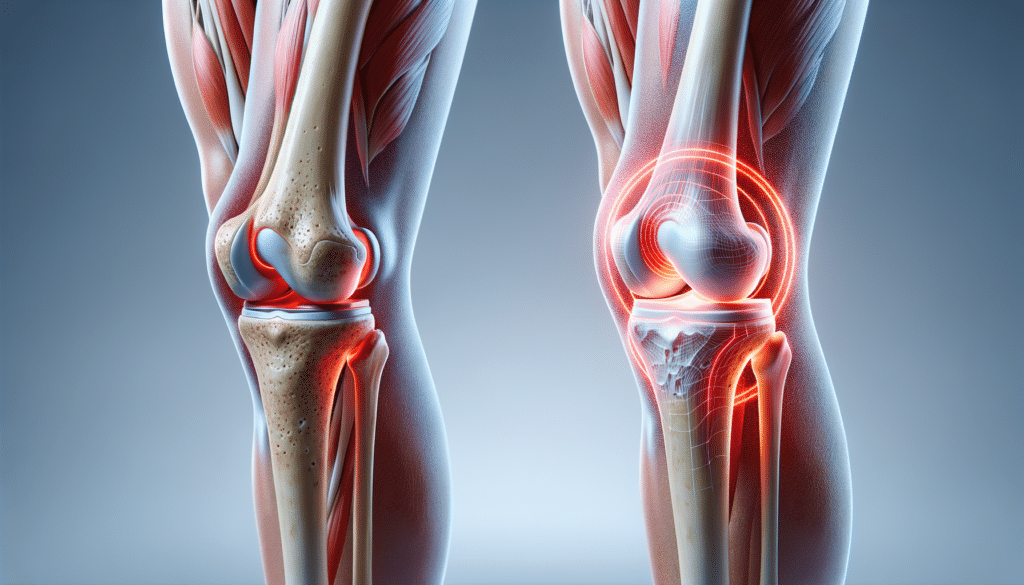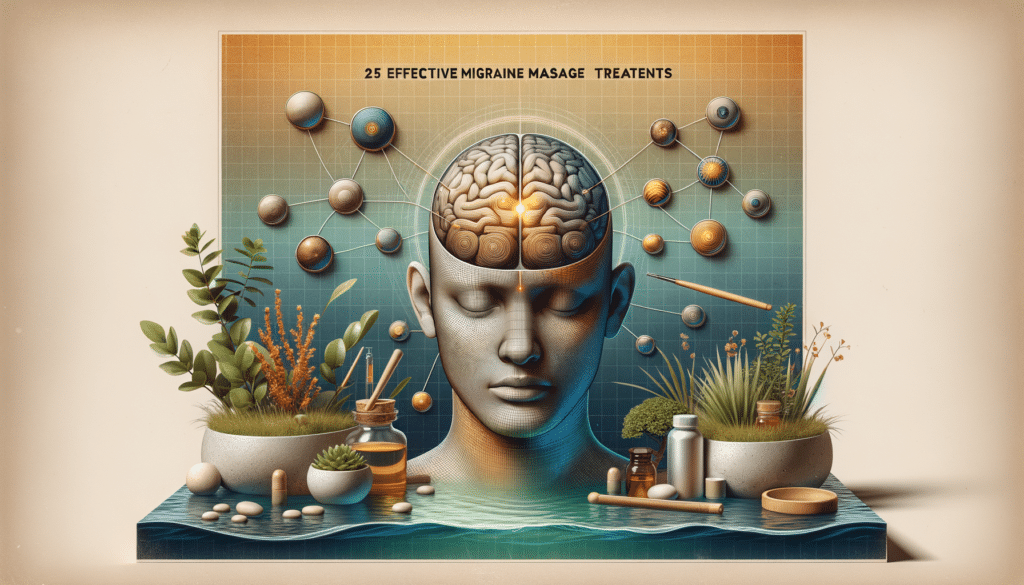Understanding Knee Arthritis
Knee arthritis is a common condition that affects millions of people worldwide, leading to pain, stiffness, and reduced mobility. This degenerative joint disease primarily occurs in older adults but can affect younger individuals due to injury or genetic factors. The knee joint is one of the largest and most complex joints, making it susceptible to wear and tear over time. The most common types of knee arthritis are osteoarthritis, rheumatoid arthritis, and post-traumatic arthritis. Osteoarthritis is the most prevalent form, resulting from the gradual breakdown of cartilage, leading to bone-on-bone friction. Rheumatoid arthritis, an autoimmune disorder, causes inflammation in the joint lining, while post-traumatic arthritis develops after an injury. Understanding the type and severity of knee arthritis is essential for determining the appropriate pain relief strategies.
Non-Surgical Treatments for Pain Relief
Non-surgical treatments are often the first line of defense against knee arthritis pain. These methods aim to reduce pain, improve joint function, and enhance quality of life without invasive procedures. Key non-surgical treatments include:
- Physical Therapy: Tailored exercises can strengthen the muscles around the knee, improve flexibility, and reduce pain.
- Medications: Over-the-counter pain relievers such as acetaminophen and nonsteroidal anti-inflammatory drugs (NSAIDs) can help manage pain and inflammation.
- Weight Management: Maintaining a healthy weight reduces stress on the knee joint, alleviating pain and slowing disease progression.
- Assistive Devices: Braces or orthotic inserts can provide support and improve knee alignment, reducing pain.
These treatments can be highly effective, especially when combined, offering a comprehensive approach to managing knee arthritis pain.
Innovative Therapies and Supplements
As medical science advances, new therapies and supplements are emerging as promising options for knee arthritis pain relief. These innovative approaches include:
- Hyaluronic Acid Injections: These injections can lubricate the knee joint, reducing pain and improving mobility.
- Platelet-Rich Plasma (PRP) Therapy: PRP uses components of the patient’s blood to promote healing and reduce inflammation in the knee.
- Glucosamine and Chondroitin Supplements: These supplements may support joint health and alleviate pain, though results can vary among individuals.
While these therapies show potential, it’s essential to consult a healthcare professional to determine their suitability and effectiveness for individual cases.
Surgical Options for Advanced Arthritis
For individuals with severe knee arthritis where non-surgical treatments have failed, surgical options may provide significant pain relief and improved function. Common surgical procedures include:
- Arthroscopy: A minimally invasive procedure to clean out the joint and remove debris or damaged tissue.
- Osteotomy: This procedure involves cutting and reshaping bones to relieve pressure on the knee joint.
- Knee Replacement: In cases of advanced arthritis, partial or total knee replacement can restore joint function and alleviate pain.
Surgical interventions are typically considered when other treatments are ineffective, offering a viable solution for long-term relief.
Holistic and Lifestyle Approaches
In addition to medical treatments, holistic and lifestyle approaches can play a crucial role in managing knee arthritis pain. These methods focus on overall well-being and include:
- Diet and Nutrition: A balanced diet rich in anti-inflammatory foods can support joint health and reduce pain.
- Exercise and Yoga: Low-impact activities like swimming, walking, and yoga can maintain joint flexibility and reduce stiffness.
- Mind-Body Techniques: Practices such as meditation and tai chi can help manage pain and improve mental well-being.
By integrating these approaches into daily life, individuals can enhance their overall health and manage knee arthritis symptoms more effectively.




